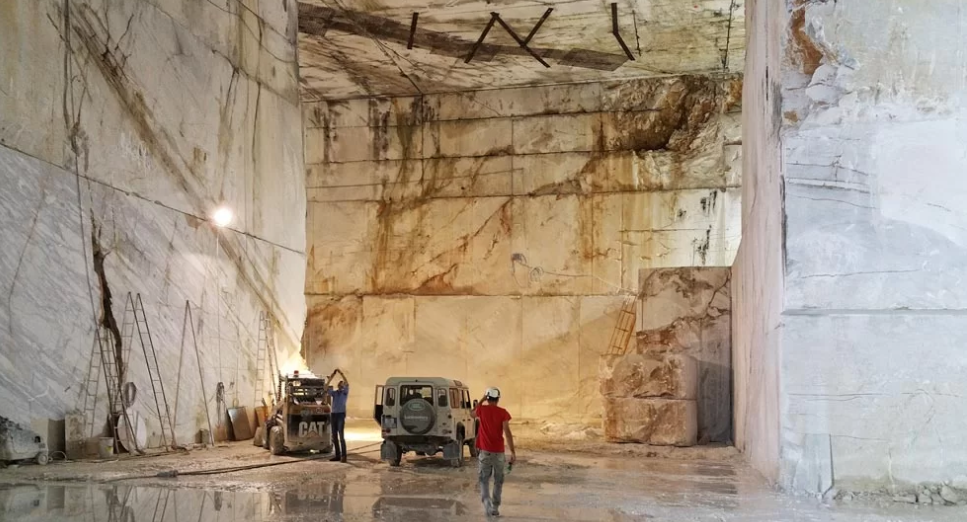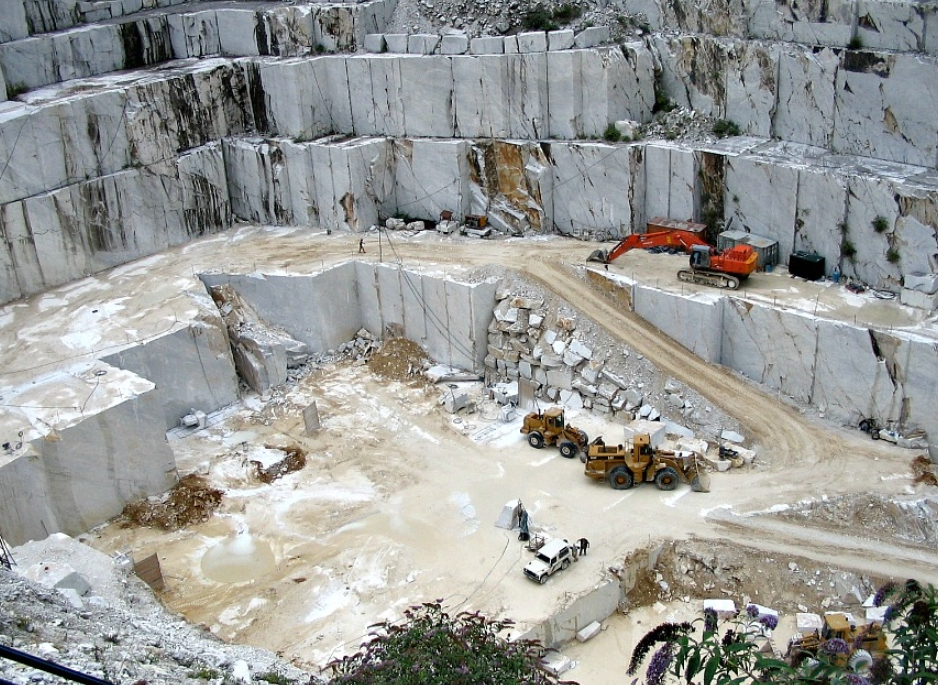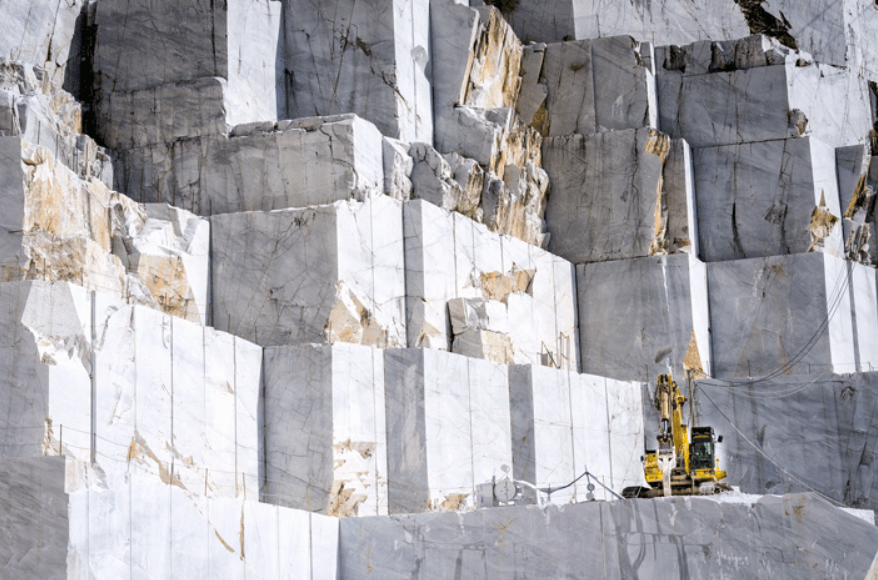Marble Quarries in Turkey: 4 Most Famous Marble Regions!
17.07.2024
Turkey's marble quarries are regions known for meeting global demands with their high-quality marble varieties. These areas boast a wide range of stone types and richness.
In our article, we've examined Turkey's famous marble regions. Enjoy your reading!
Marble Quarries in Turkey: Top 4!
As mentioned at the beginning of our article, Turkey is a country rich in marble reserves. While marble is extracted in many cities, marble quarries are concentrated in the Aegean and Marmara regions.
So, where in Turkey is marble mined?
Marble Quarries in Turkey: Top 4!
- Burdur Marble Quarries
- Afyon Marble Quarries
- Marmara Marble Quarries
- Denizli Marble Quarries
These regions are highly renowned when it comes to marble quarries in Turkey. What types of marbles are extracted from these regions, where are they used, and what is their value? Let's find out!
Burdur Marble Quarries
Burdur marble quarries are famous for Burdur Beige marble. This marble stands out with its high quality and elegant appearance. It is extremely hard and durable.
Burdur Beige marble can be classified internally based on its veins and color tones. It achieves a beautiful harmony when used alongside black marbles.
Its soft and non-irritating color makes it suitable for use in any space. It is a preferred choice among architects.
Afyon Marble Quarries
When discussing marble deposits in Turkey, Afyonkarahisar ranks first. Marbles in various colors and patterns such as white, brown, beige, and cream are extracted. The most important marble from this region is known as Afyon Sugar.
Afyon Sugar marble is predominantly white. It can be used in both traditional and modern spaces, offering a bright and simple appearance.
Marmara Marble Quarries
The most commonly extracted marble in Marmara marble quarries is Marmara White. This marble, extracted from quarries around Istanbul, is particularly favored by those who appreciate luxury.
Considered Turkey's oldest marble type, it has been frequently used in historical buildings. It enhances the aesthetic appeal of historical structures and remains a timeless marble variety used today.
Denizli Marble Quarries
Denizli is also one of the cities in Turkey known for its valuable marble deposits. Denizli travertine is one of the most famous marble types.
Denizli travertine is commonly used in gardens and outdoor areas.
Marble in Turkey!
Marble has been mined in Turkey since ancient times and is a highly valuable mineral. Many cities host quarries that produce high-quality marbles. When these places are listed, the Aegean and Marmara regions rank at the top.
Marble is widely used in both construction and decoration due to its durability and aesthetic appeal, making it an important stone for many applications. Turkey is globally renowned for its rich marble deposits.
Marble Quarries in Turkey
According to reports, there are around 800 marble quarries in Turkey. More than a thousand factories and over five thousand workshops operate in this sector. Large marble companies intensify their efforts in this field every day to meet increasing demand.
The majority of marble quarries are located in the Aegean and Marmara regions. Especially Afyonkarahisar is the most important city in Turkey for marble production.
Looking at Turkey's 2023 mineral export data, processed marble is the most exported product, ranking first with approximately 1.88 million tons and 800 million USD.
Turkey's Marble Potential
Turkey is believed to possess approximately 40% of the world's marble potential. Considering global consumption, Turkey can meet this demand for about 80 years.
While Turkey is known for its abundant marble reserves, it also boasts famous marble types. Approximately 80 different types of marble are extracted here, many of which are globally recognized and widely used.
Globally Recognized Marble Types in Turkey:
- Süpren
- Elazığ Cherry
- Denizli Travertine
- Afyon Sugar
In addition to these, many different types of marble are extracted and processed in Turkey according to customer demand, including dark, light-colored, and various patterned marbles.
Marble is classified not only by color and pattern but also by quality. Classification takes into account the marble's mineral structure, resulting in classifications such as coarse-grained, medium-grained, or large-grained marbles.
The processing and extraction processes significantly impact the marble's quality. Marble blocks are extracted from underground and undergo processes like cleaning and polishing, which are crucial stages.
Opening a Marble Quarry
Marble quarries are areas that require considerable costs and labor. Prior to opening, extensive analyses are conducted to determine if the site is suitable for mining. Numerous documents are required for all these analyses.
Expert engineers must conduct research and detailed analyses of the potential mining area. Based on the results, a decision is made regarding its suitability.
Since marble quarries require substantial investment, meticulous attention is paid to every stage of the initial and subsequent processes.
In our article, we've examined marble quarries in Turkey and their locations. These quarries operate at high speeds to meet increasing demand day by day, resulting in marbles of various colors and patterns.
If our article has sparked your interest, you can explore our blog where we share a lot of information about marble types, their uses, and the production process!
CLICK for more articles: "Choosing a Marble Kitchen Countertop - Models and Benefits!"



